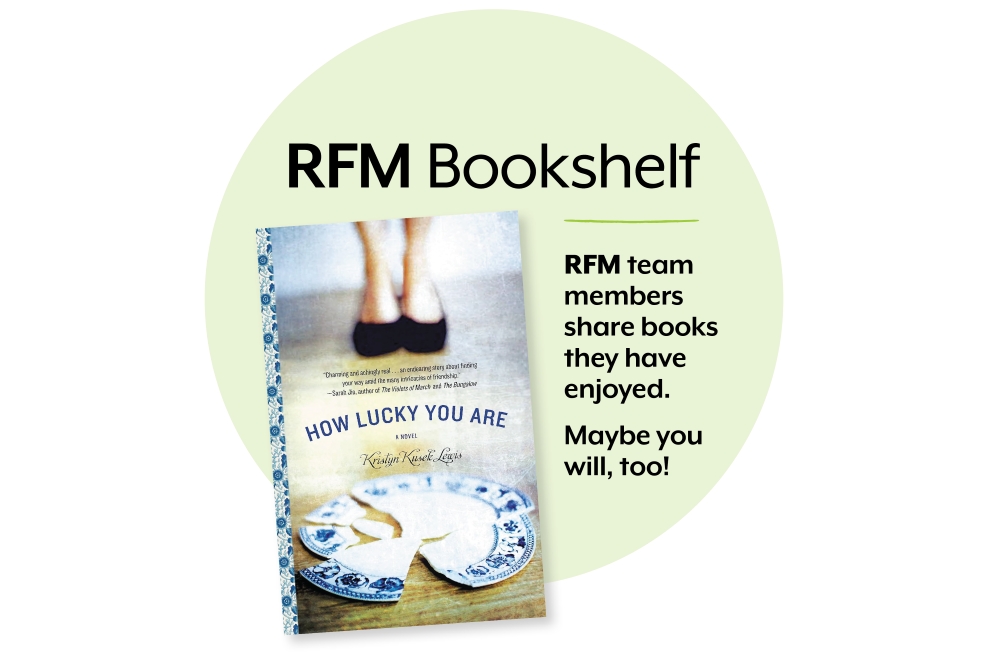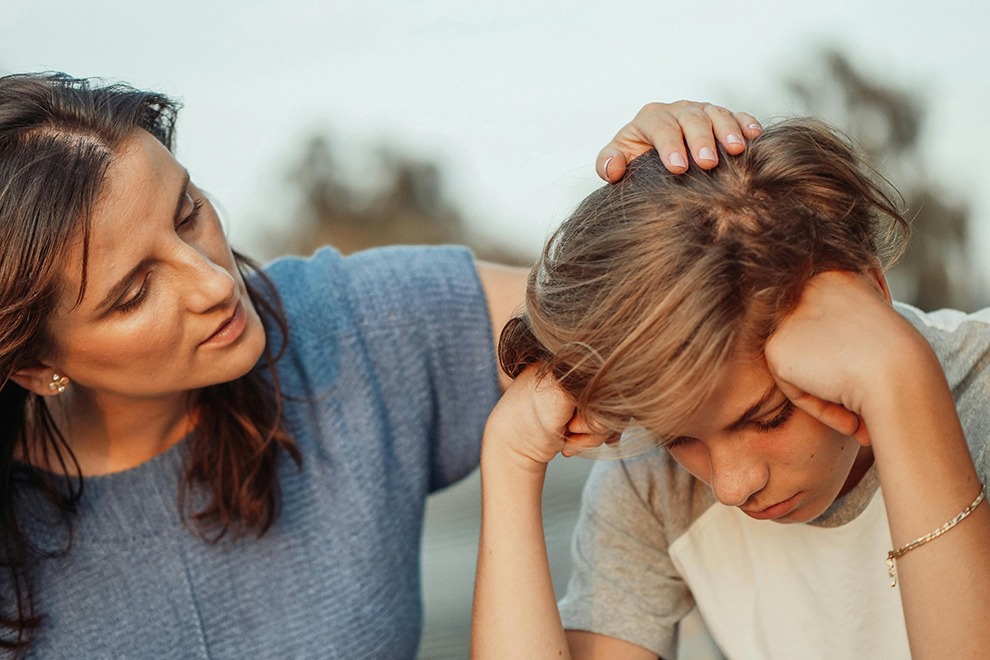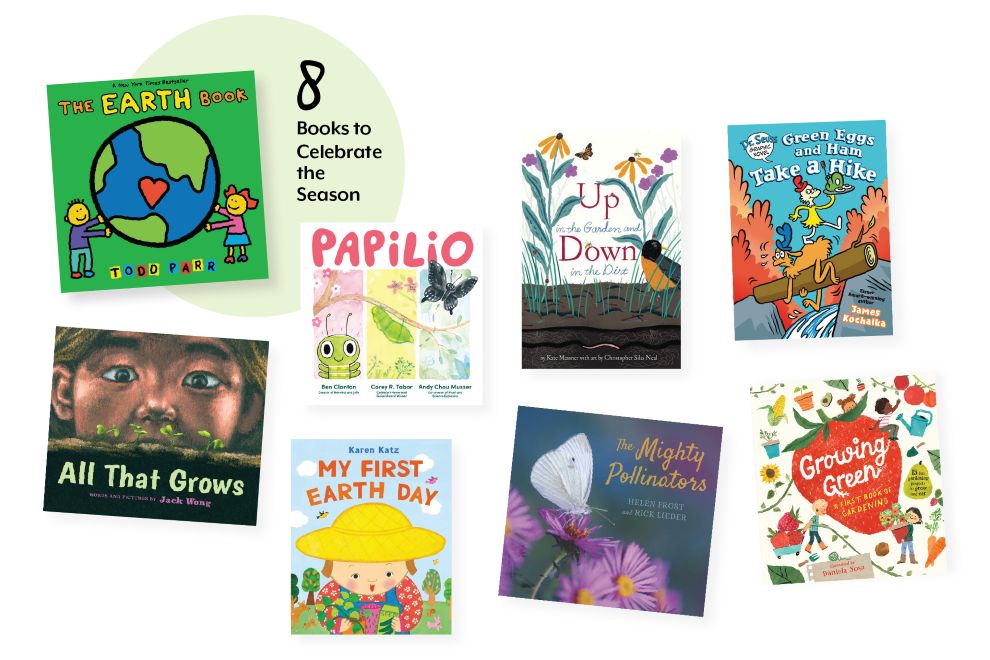After making the decision to cut back on afterschool activities, I decided to continue down this precarious path and try something else that had escaped me as of late –asking my eight year old what she wanted to do, as opposed to signing her up for things I thought would benefit her most in the future. I set up a process of elimination that worked similar to how the contestants on her favorite television show, America’s Got Talent, got sent home. Gymnastics or Spanish? Art or piano? Book club or choir? As she’d whittled the list down to Girl Scouts and dance, the hyper-parent in me kept trying to prod her in a different direction, but my suggestions fell on deaf years. She knew what she wanted, and after six months of nagging her to practice the piano, I gave up the fight.
“What really should be beginning to happen as children get older is that they start to take over more responsibility for their own lives, and their parents start to let go,” argue Rosenfeld and Wise. “If the goal is for children to develop the skills they need to be independent and self-sufficient they need practice.” In other words, they need to answer the following for themselves: When should I start my homework? What should I do when I’m done? Who do I want to spend my time with?
The Overscheduled Child essentially argues that every single thing doesn’t matter; every minute of every day isn’t crucial to your child’s future success. Parents don’t need to act as stage managers “responsible for all production details: casting, costumes, scenery, music, script changes, and making sure no one ever misses a cue or flubs a line.” What parents need to do, instead, is give their children room to breathe, to learn, to grow. Otherwise, “we deprive them of the sense that they are the authors of their own lives.”
While parents should do their best to provide a good life for their children, it’s counterproductive to personally edit every aspect of their lives to make them letter-perfect. “Our children’s lives will certainly be richer and more meaningful if we let them – gradually and appropriately – begin to take responsibility for themselves. And that includes, sometimes, letting them be flawed like the rest of us, to make mistakes, and to learn from them.” According to Rosenfeld and Wise, “Putting so much emphasis on success by, let’s say, insisting on great grades (even if it means we must intervene to keep them high) makes it unlikely our children will learn about actions and their consequences.”
When my oldest daughter was little, I used to save all of her cutest outfits for special occasions and then be disappointed when she’d grown out of them by then. I vowed that if I had another daughter she’d wear them whenever she wanted, and she has, often taking my laissez-fare attitude to the extreme. I mean, why wait for Halloween when you can wear your tiara to preschool as a headband? Earlier this week, my four-year-old wanted to wear her Fancy Nancy poodle dress, complete with necklaces and a crown, to the Food Lion. My first instinct was to say “no” but then I remembered the part of The Overscheduled Child where the authors wrote, “They need to wear Halloween costumes more than once a year. They require the freedom to try on plenty of roles on their own, with no obligation to take them seriously.”
I know they are right still it’s hard to not worry about what others will think of your parenting choices. Our culture worships the appearance of spontaneity (windblown hair and laughter), but “beneath the surface, the books and shows say that the best way to get there, to that place where life looks fabulous and fun-filled as a Coca-Cola commercial, is by planning as carefully as possible along the way. We are told we can control it all – and we definitely want to do so, particularly when we feel so out of control by the demands of two, three, or four children!”
Rosenfeld and Wise realize “giving up on hyper-parenting seems like a bold and ill-advised step in the wrong direction. We are utterly and completely convinced that good parents are fiercely attentive to every single detail of their children’s lives. Anything less seems like negligence in the face of life’s greatest challenge.” But I don’t want my good intentions to undermine my child’s sense of joy and discovery so off I went for groceries with my bejeweled daughter, trying hard not to think about the ways I may have stunted my oldest for never affording her the same opportunity.




